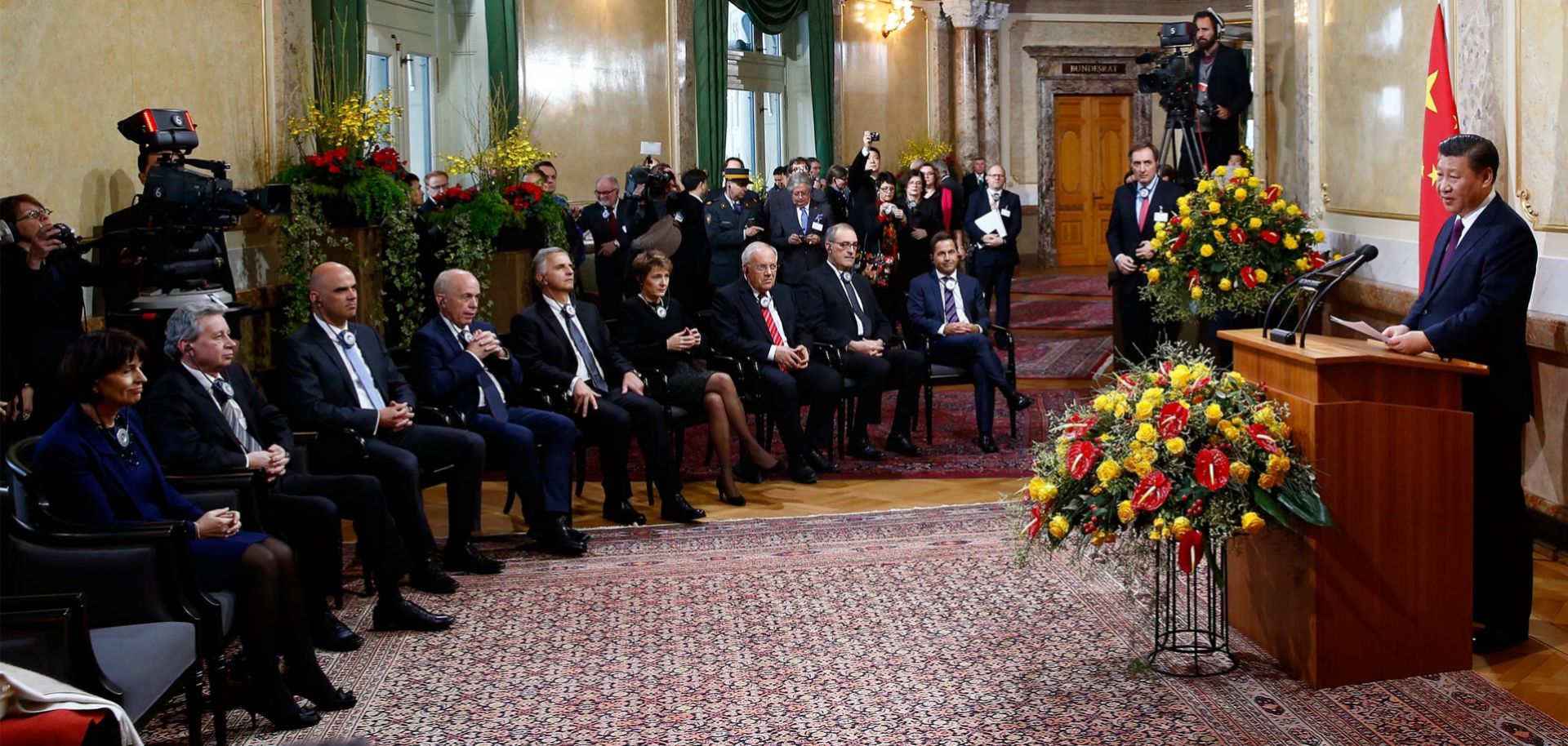The divide between domestic politics and geopolitics can be a hard one to bridge. Partisan politics and pageantry can get in the way of a country's underlying geopolitical imperatives, driving policies that undermine or contradict them outright. The tension between national and international politics is on full display as the United States prepares to inaugurate Donald Trump as its 45th president. Throughout Trump's campaign and subsequent transition, voters, commentators and observers in the United States and beyond have scrambled to square his proposed policies with the geopolitical constraints that they will encounter. Many of Trump's campaign pledges centered on retooling the United States' trade partnerships, for instance by renegotiating the North American Free Trade Agreement or scrapping the Trans-Pacific Partnership pact. The United States' trade ties with China have been the object of Trump's most vehement criticisms; the president-elect has even proposed a 45 percent tariff on all Chinese goods...


